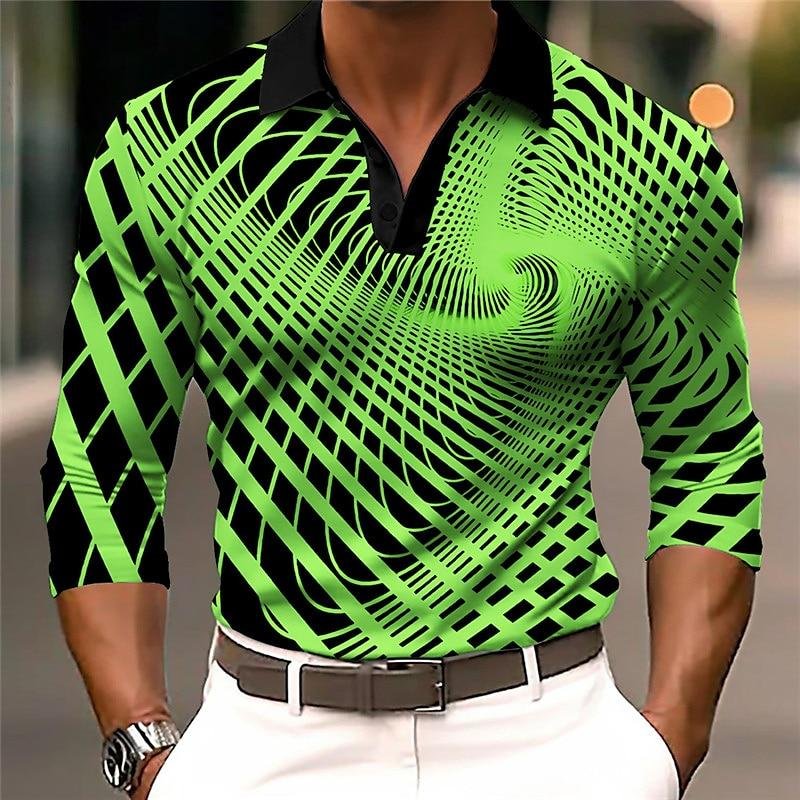Tag: Fashion, Clothing, Trends
Over the years, the fashion industry has undergone a significant evolution. From traditional handcrafted garments to mass-produced fast fashion items, clothing trends have changed drastically. With technological advancements and cultural influences playing a major role in shaping the industry, our choices when it comes to clothing have also been greatly impacted.
Since ancient times, humans have used clothing as a means of protection from the elements. However, as societies progressed and trade expanded, clothing became more than just a functional necessity. It became a symbol of status and power for those who could afford luxurious fabrics and intricate designs.
As civilizations developed, so did their textile production techniques. The Industrial Revolution marked a turning point in the fashion industry with mechanized looms making it possible to produce fabric at an unprecedented rate. This led to ready-to-wear clothes becoming more accessible for people of all social classes.
In the 20th century, designers like Coco Chanel revolutionized women’s fashion by introducing comfortable yet elegant pieces like pantsuits and little black dresses that challenged societal norms. Along with this came an increasing focus on advertising and marketing which further propelled the growth of the fashion industry.
With globalization connecting cultures around the world, there has been an influx of diverse styles into mainstream fashion. Traditional garments from different regions are now being incorporated into modern designs creating unique fusion pieces that reflect global influences.
However, as consumer demand for new styles increased exponentially over time along with low production costs due to outsourcing labor in developing countries resulted in unsustainable fast-fashion practices leading to environmental concerns such as excessive waste disposal pollution caused by garment factories.
This realization has sparked discussions about sustainability within both consumers’ minds and companies’ policies alike leading to initiatives promoting eco-friendly materials sourcing recycling efforts among others thus shifting towards slow ethical sustainable fashion alternatives slowly but surely gaining popularity globally amongst newer generations looking beyond superficial trends focusing on ethical production processes.
In conclusion, the fashion industry has come a long way from its humble beginnings as a means of protection. From traditional handcrafted garments to mass-produced fast fashion items, technological advances and cultural influences have played a significant role in shaping the industry. With increasing awareness about sustainability and ethical practices, we can hope for a more conscious and responsible future of fashion.
